Along with many societal norms, the COVID-19 pandemic may have permanently changed how companies recruit and retain new employees. Because of COVID-19, many job seekers now have the flexibility to work remotely with practically any company they want, regardless of where that company is located. This popularity of remote work has created a hypercompetitive job market that top candidates control.
To get a sense of how one-sided today’s job market is, there are reportedly 1 million more job openings than people, according to a study by CNBC. Valerie Frederickson, the founder and CEO of a global executive search firm, has spent 27 years in the industry and claims she’s “never seen a labor market like this.”
This hypercompetitive market forces recruiters to reevaluate the techniques to attract, land and retain top talent. If you work in this rapidly changing industry, this is an excellent time to get an advanced degree, such as a Master of Business Administration (MBA) in human resource (HR) management. This will help keep you on the cutting edge of best practices within the industry.
With that in mind, let’s examine five ways HR professionals can tweak their recruitment processes to adapt to this new market.
1. “Screening in” Candidates
Traditionally, companies focus on screening out, or auto-eliminating, candidates who don’t have the proper qualifications. Depending on the qualification, this can reject hundreds of candidates right before the process has even begun. In this hypercompetitive market, a more practical approach might be to “screen in” candidates that meet most of the prerequisites.
By doing this, the company can hire competent employees and then train them in their own particular way, formulated during a panel hosted by The Society for Human Resource Management.
2. Focus on Candidate Growth Potential, not Direct Experience
Building off that, employers should consider hiring candidates who show the most growth potential. Traits like an eagerness to learn and coachability are two signs that a candidate will be able to grow into their role. In such a competitive market, companies might not be able to find the perfect candidate that checks off every single “experience” box on the list. To adapt, they should prioritize hiring based on a candidate’s potential to learn and grow.
3. Hire for the Organization, not the Role
Another approach is to think more broadly about the value-add that a candidate might bring to the organization. In the introductory phase, get a deep understanding of what the candidate wants to do. Then, determine if their goals and values align with other available roles. Often, a candidate might be a good fit for the organization, just not for the part they applied for. Keep them interested by recommending that they apply for another open position.
4. Send Engaging, Personalized Job Offers
If you’ve identified the right candidate, skip the congratulatory email. Instead, find a way to personalize their job offer. This serves two purposes. First, it gets them excited to accept the role. Second, it sets you apart from other companies that might have also offered your candidate a role.
There are plenty of ways that you can personalize your offer. For example, have a top executive send the candidate a congratulatory note. Or, send the job offer in the mail attached to a gift basket with some goodies.
5. Reimagine the Recruiter’s Role
Finally, the most effective way to adapt to this new labor market is to emphasize the recruiter role. Talented recruiters are more in-demand than ever, and losing one is a significant blow to your organization. Moreover, depending on the size of your team, losing a talented recruiter could even put your hiring process on hold while you track down a new one.
A great way to help recruiters stay engaged and prevent burnout is by taking administrative tasks off their plates. Wherever possible, companies should use technology to handle manual tasks, including sourcing candidates, scheduling interviews and onboarding new hires. Eliminating these tasks will free up your recruiter’s time and allow them to focus on perfecting their craft.
On that note, it’s easy to imagine that the recruiter role will grow into a much more valuable position within organizations as time goes on. After all, attracting and retaining top talent is one of the most difficult parts of a manager’s job. Therefore, recruiters who can effectively recognize talent will have a strong argument for progressing into a managerial role, provided they have the proper foundation in core business topics.
When it comes to learning this foundation, advanced degree programs like the University of Northern Colorado’s online MBA with a Concentration in Human Resource Management can play a critical role. This program teaches you the fundamentals of becoming an innovative leader and effective problem-solver in both human resources and business. Students can complete this online MBA program in as few as 12 months.
Learn more about the University of Northern Colorado’s MBA with a Concentration in Human Resources Management online program.
